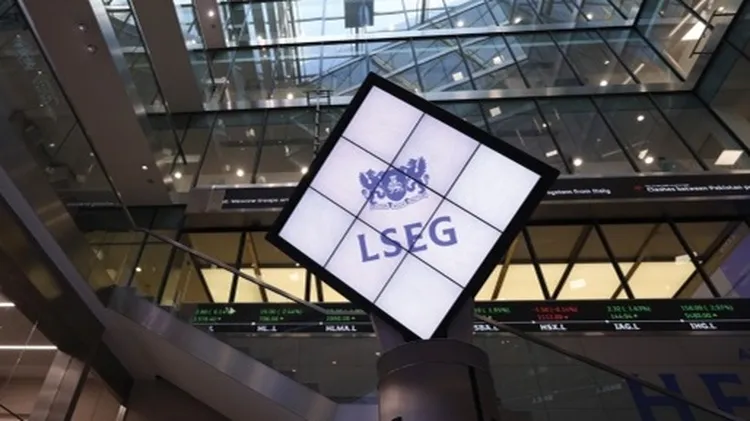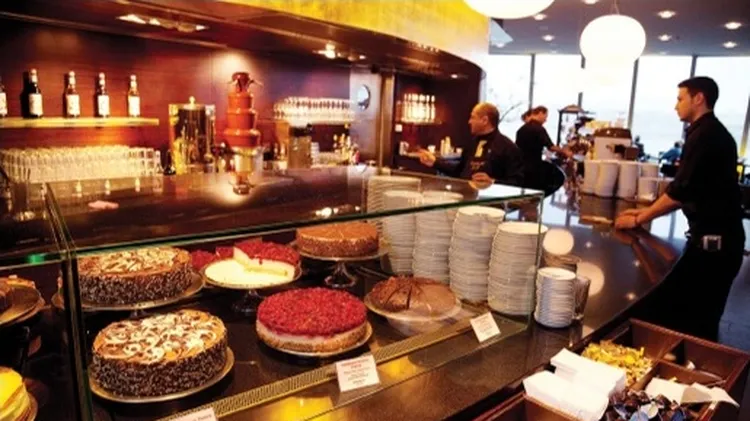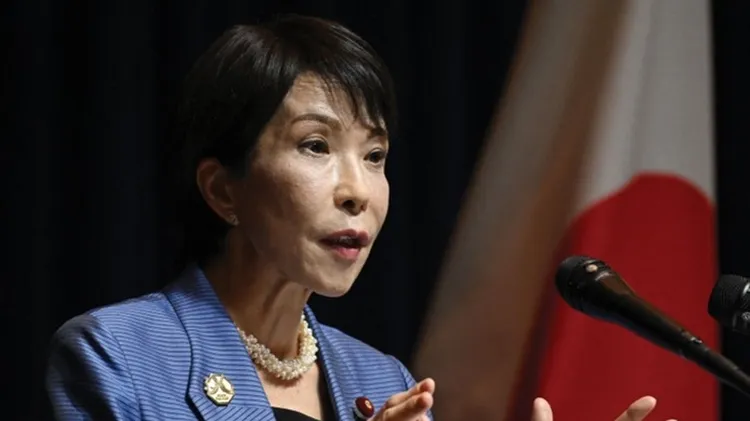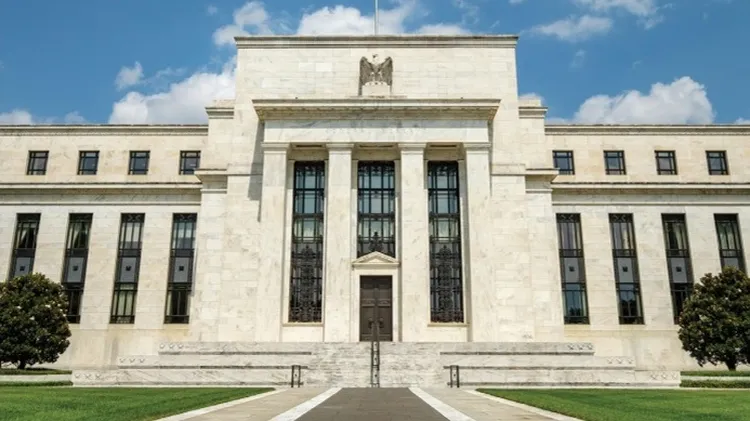The yellow metal began a long upswing after the UK g
The “brown bottom” in the gold market
3 min read
This article is from...
Read this article and 8000+ more magazines and newspapers on Readly






